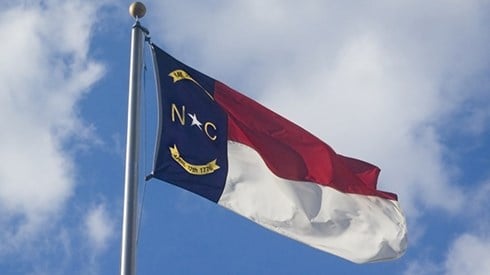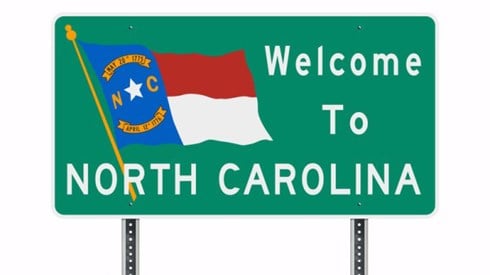North Carolina Legislation Would Create Incentives for Redomestication

March 30, 2021

Captive insurance companies licensed in other domiciles would have a new incentive to redomesticate to North Carolina under legislation introduced March 25 in the North Carolina Senate.
Under the legislation, S.B. 347, captives that redomesticate to North Carolina before December 31, 2022, would be exempt from state premium taxes for the tax year in which they redomesticate and the following year.
Both North Carolina captive regulators and captive trade association executives strongly support the temporary premium tax exemption.
"This bill should entice captive insurers domiciled elsewhere to move to NC by waiving the premium tax for the year they move and the following year," Debbie Walker, senior deputy commissioner of the Captive Insurance Companies Division of the North Carolina Department of Insurance, said in a statement to the North Carolina Captive Insurance Association (NCCIA).
"We believe this provision will lead to economic growth, increased investment, and increase North Carolina's desirability for our native corporations domiciled elsewhere as well as others," Tom Adams, NCCIA president and CEO, said.
North Carolina captive insurance regulators believe the temporary premium tax waiver will, over the long run, boost premium tax revenue as more captives redomicile to the state.
"Although the premium tax would be waived initially, on a long-term basis NC will generate more premium tax from captives moving to the state," Ms. Walker said.
Aside from the temporary premium tax waiver for captives that redomicile to North Carolina, the legislation would broaden a provision in the current law that allows smaller captives to request an exemption from a requirement to get an annual audit from a certified public accountant.
Under current law, captive insurance companies with less than $1.2 million in written premiums may request an exemption from the annual audit requirement. The legislation would allow all captives to seek such an exemption. Under the legislation, the state insurance commissioner could grant such an exemption "if the Commissioner finds that compliance would cause the insurer a financial or organizational hardship," the measure says. Such exemptions, Ms. Walker noted, "would continue to be granted on an exception basis only."
North Carolina is one of the largest and fastest-growing US captive insurance domiciles. Last year, 250 captives were domiciled in North Carolina, up from just 52 in 2014.
March 30, 2021



